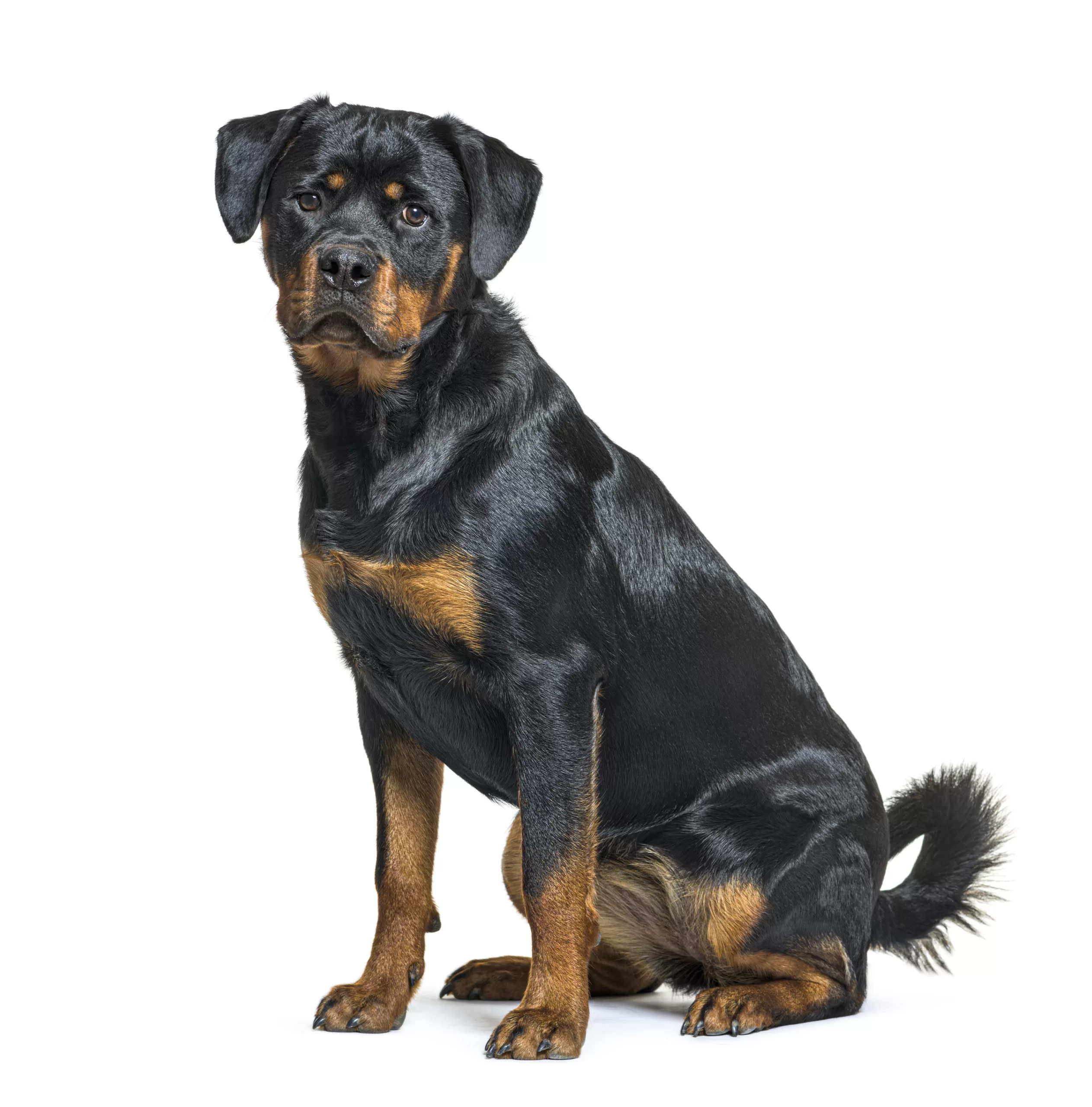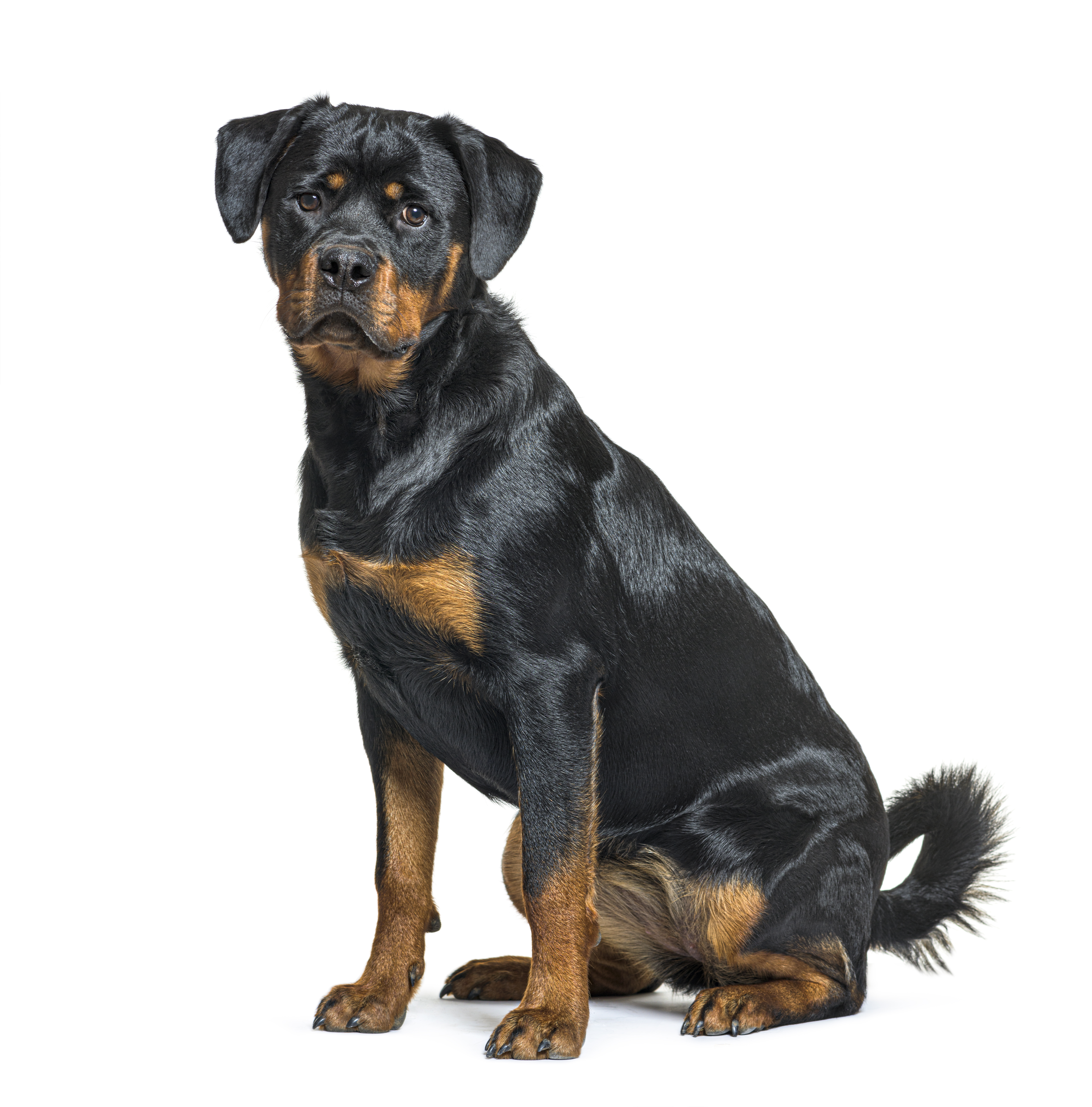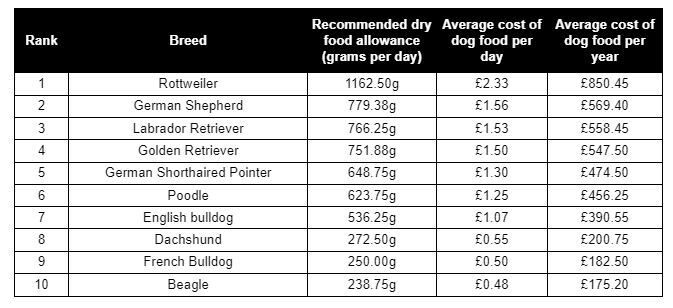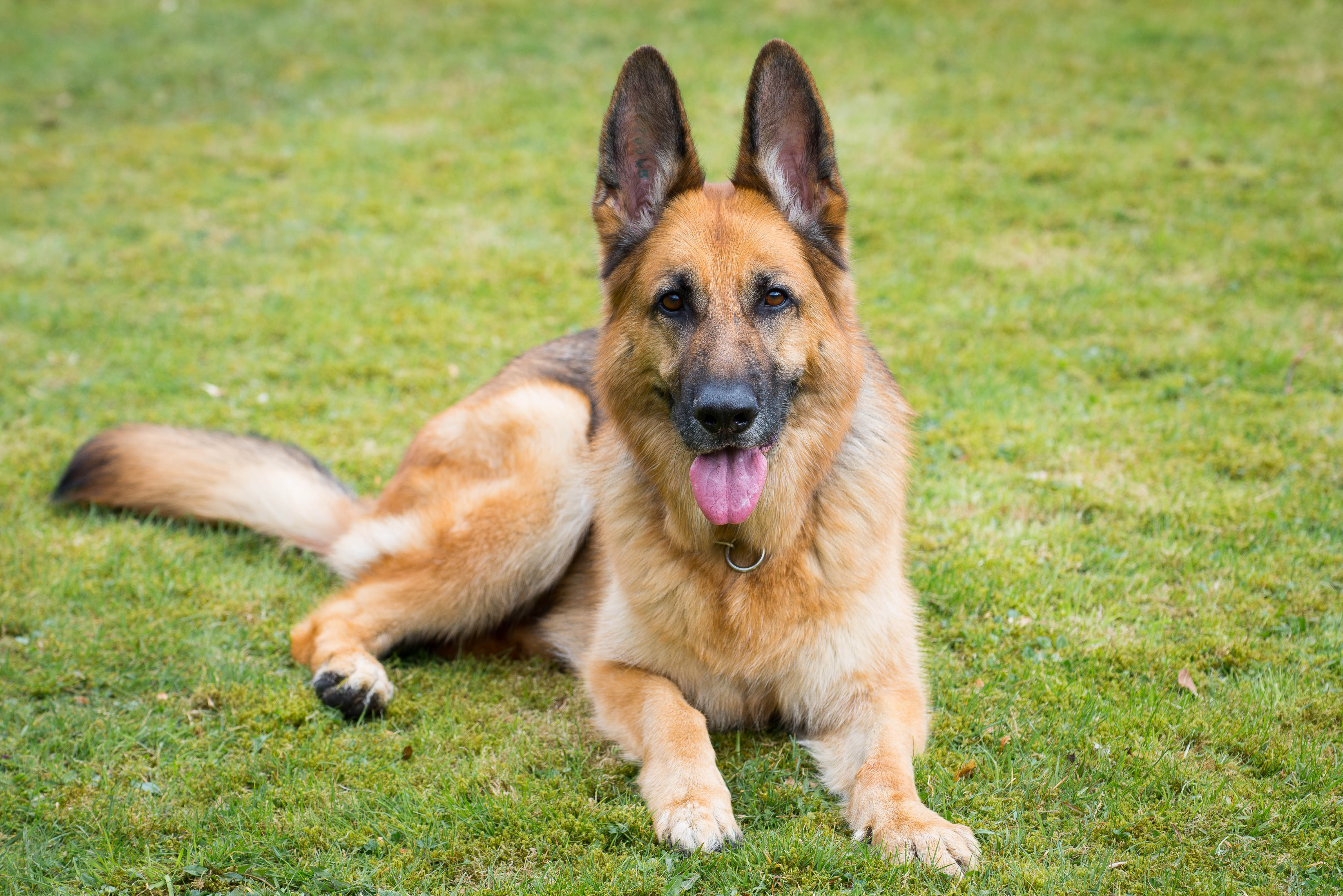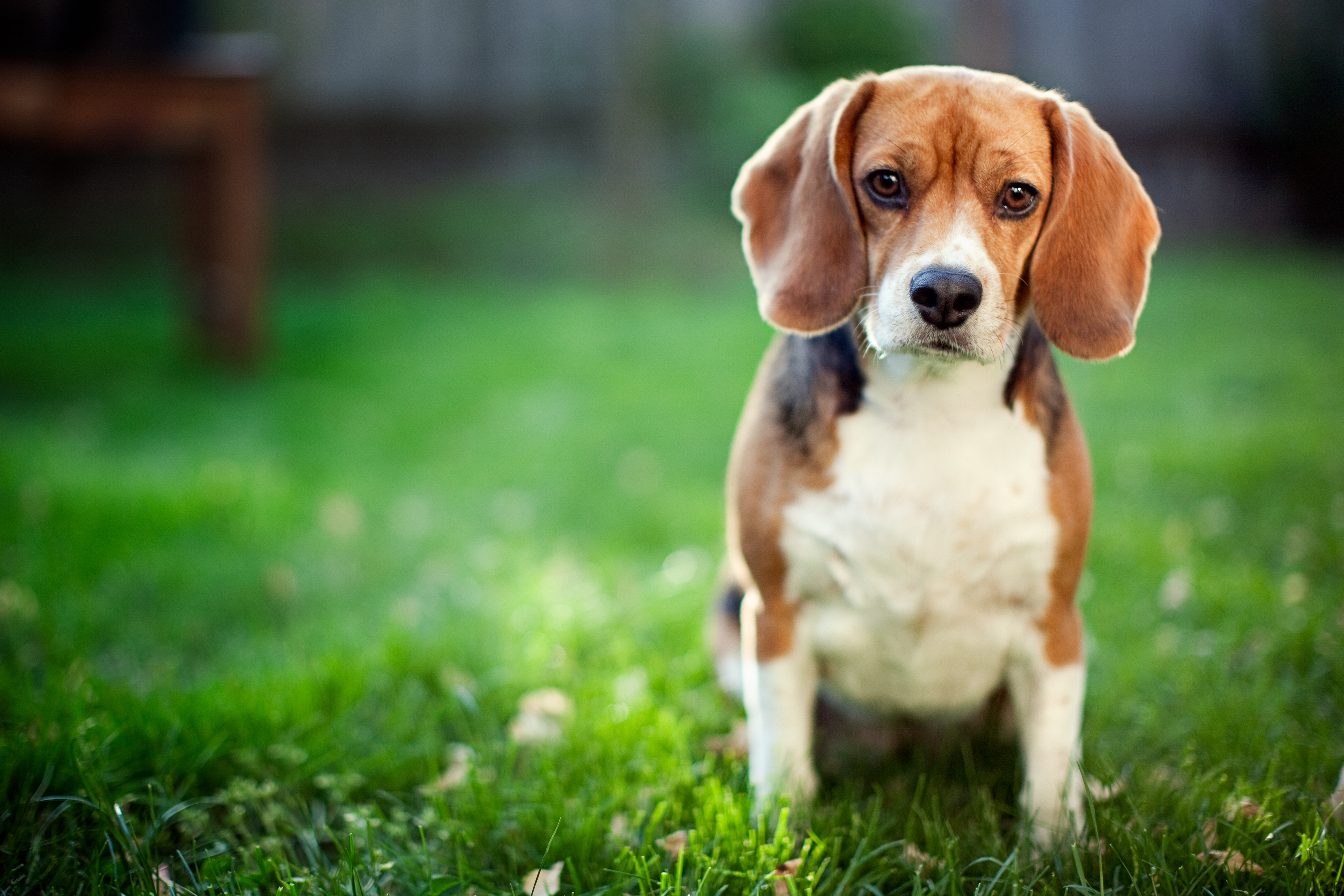You may wish to check which ones are most expensive to feed, as there is one breed that could set you back nearly £1,000 a year on dog food.
A recent study by credit card brand Aqua analysed the recommended food amount and annual cost for 10 popular dog breeds.
And it turns out that Rottweilers are the priciest pooch on the market.
The recommended food intake for the robust family dog is 1162.50g per day, which works out at around £2.33 daily, according to their findings.
This means owners will be forking out around £850.45 each year just on food.
Second on the list was another large canine – a German Shepherd.
This breed needs around 779.38g of food a day, which works out at £569.40 a year.
Third was a Labrador Retriever, which costs around £558.45 to feed a year, and a Golden Retriever, which could set you back £547.50.
Next up were German Shorthaired Pointers, costing £474.50 each year in dog food.
The study also looked at other popular breeds to see how they ranked, including Poodles, English Bulldogs, Dachshunds, French Bulldogs and Beagles (who came out in that order).
One of the cheapest dog breeds is a Dachshund.
Despite having one of the longest average lifespans of 14 years, the Dachshund costs roughly £14,585 throughout its lifetime.
Dachshunds are also one of the cheapest dogs to feed, with costs averaging 55p per day.
Beagles were found to be the most cost-effective popular dog breed to feed with food costs totalling £175.20 per year, which is 131 per cent cheaper than Rottweilers.
The website advised that prospective dog owners should do their research on which breeds they can afford before they buy.
All you need to know as a dog owner
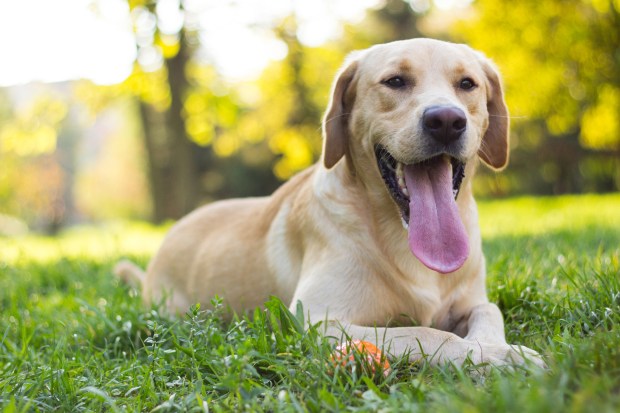
They wrote: “First things first, do your research. To keep costs down, look into which breeds might require lower maintenance, and which might have less risk of health issues or genetic disorders.
“For example, large breeds, such as German Shepherds, are prone to hip issues, while dogs with long backs, such as Dachshunds, can often suffer from spinal problems, according to WebMD.
“So, if there is a particular breed you are interested in, do your research to make sure you understand the costs you might face later down the line and make sure you factor this into your budget.
“Animals that are more prone to health problems can require more trips to the vet, which of course leads to higher bills.”
